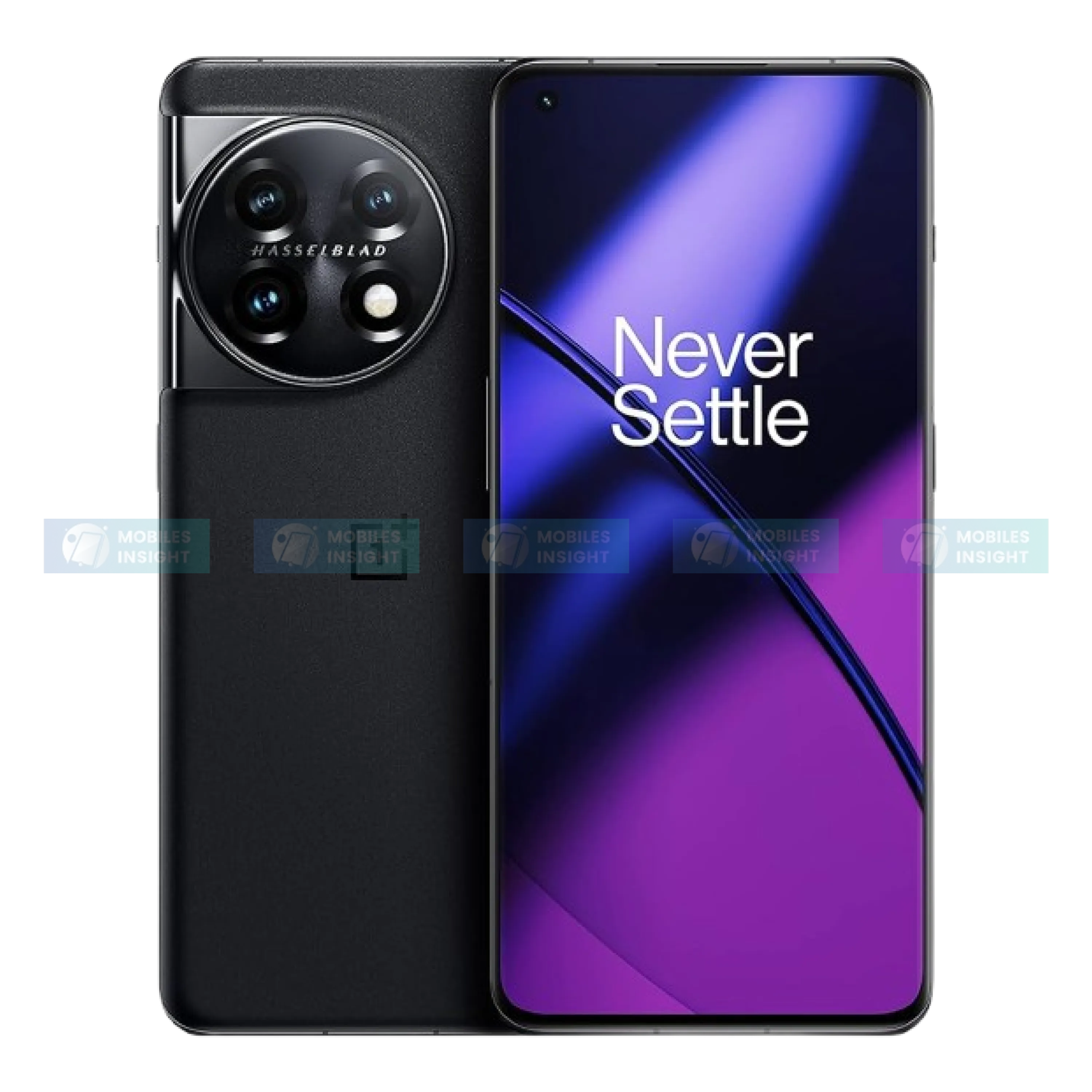
AI in Mobile Phones: How Artificial Intelligence is Revolutionizing Smartphones?
AI in mobile phones is changing how we use apps, cameras, and batteries in Bangladesh. It helps take better photos, run voice assistants, and improve performance in real time. With brands like Samsung, Xiaomi, Vivo, and Realme adding AI chips, users get smoother gaming, stronger security, and longer battery life.
Why Do We Need to Talk About AI Today?
As a tech lover, walking around Dhaka’s busy gadget markets daily, I see one clear trend and that is AI in Mobile Phones. Today’s smartphones are no longer just about processors or RAM. With dedicated AI chipsets and advanced software, Artificial Intelligence (AI) is reshaping user experiences.
Why not? Because in a country like Bangladesh, where we game, stream YouTube, and go live on Facebook, AI-powered phones make everything smarter, faster, and more cost-efficient.
AI in Mobile Phones: What Does It Really Mean?
AI in Mobile Phones is not limited to voice assistants. This includes:
-
AI-powered camera optimization.
-
Real-time language translation.
-
Adaptive battery management.
-
Face & voice unlocking.
-
Smart folders & app suggestions.
These AI-powered phones often include a built-in Neural Processing Unit (NPU). Examples include the Huawei Kirin AI chip, Samsung's Exynos AI Engine, and Qualcomm Snapdragon’s AI Engine.
Growing Demand for AI Mobile Phones in Bangladesh
In my research, I found that in Dhaka’s markets, sales of AI-enabled phones grow by around 25–30% each year. Mid-budget brands like Xiaomi, Vivo, Oppo, and Realme are popular for bringing AI features to more affordable segments. According to the IDC Bangladesh 2023 report, mid-range AI-enabled phones now cover 35% of the market.
AI features most used by Bangladeshi users:
-
Portrait mode and Bokeh effect
-
AI beauty filters
-
Real-time gaming optimization
-
Voice commands in Bengali (still improving)
-
AI call recording & spam detection
AI-powered Cameras: Redefining Photography
Camera technology is one of the more noticeable applications of AI on mobile devices. AI integration helps smartphones take better photos by analysing the scene and changing settings in real time. AI, for example, can optimize focus and recognize objects or faces to take the best photo. For Bangladesh’s young generation making Facebook Stories and Instagram Reels, AI cameras are a blessing. Even mid-range phones like Xiaomi’s Redmi Note series now include AI-driven scene detection, night mode, and HDR+.
-
Low-light enhancement
-
AI portrait
-
AI sky replacement
-
AI stickers & watermarks
AI can automatically change the ISO level and shutter speed in order to produce sharp and clear images. Realme 12 Pro+, with its 200MP camera, uses AI noise reduction to keep photos sharper.
Battery Optimization: AI Magic for Gaming & Heavy Use
The battery life of smartphones has been an important factor for many years. Modern mobile devices are able to optimize battery use according to user preferences and habits. AI analyzes the apps that you use most often, can adjust background processes and switch into power-saving mode when needed. In Bangladesh, many users play games like PUBG, Free Fire, and Mobile Legends. AI helps here with Game Turbo Mode or Performance Mode. AI learns:
-
Which apps drain the most battery?
-
Which apps to stop in the background.
-
How to auto-adjust brightness based on lighting.
As a result, phones last longer on a single charge. For example, Vivo V29’s AI-powered battery optimization can offer 10–15% more backup. AI also helps optimize through memory management and processor power. It ensures apps are smooth even when several tasks are running simultaneously. AI, for example, helps smartphones allocate resources intelligently to avoid overheating or lag. This ensures a smoother performance.
Security: AI Face Unlock, Voice Unlock, and Fingerprint
AI has also revolutionized how smartphones deal with security. AI is a major factor in the improvement of accuracy and speed when it comes to biometrics such as face recognition or finger scanning. AI has become a big part of data security:
-
AI Face Unlock works faster, even in different lighting.
-
AI fraud detection keeps financial transactions safer.
-
AI App Lock & hidden folders protect personal content.
Especially for apps like bKash, Nagad, and Rocket, AI-powered security is already very useful.
Voice Assistants: Is AI Learning Bengali?
Voice assistants powered by AI, like Apple's Siri, Google Assistant and Samsung Bixby are a popular feature of modern smartphones. They use AI algorithms that understand and interpret natural language commands. These assistants learn from the user's interactions and provide better responses. They can also schedule tasks or make suggestions. While Google Assistant and Samsung's Bixby still can’t fully understand Bengali, they’re improving.
-
Google Assistant can now process some basic Bengali commands.
-
Oppo, Xiaomi, and Vivo are slowly adding partial Bengali voice support.
-
Local developers are testing apps that can fully support the language.
In daily life, this helps Bangladeshis control apps, check weather updates, or call contacts using voice. These AI assistants are becoming more and more useful, and have now become an integral part of smartphone experiences.
AI and Gaming: Better FPS & Cooler Phones
AI technology has improved the gaming experience for mobile gamers by improving graphics, performance and gameplay. The AI algorithms can automatically adjust graphics settings based on device capabilities and game demands. Mobile games will run well on all devices like- gaming smartphones, including mid-range smartphones. Gaming in Bangladesh is huge. AI optimizes gaming in real-time:
-
Dynamic FPS boost.
-
Frame drop prevention.
-
AI-based heat management.
-
Resource balancing to keep the phone cooler.
AI upscaling algorithms, for example, can enhance the graphics of games to make them more immersive and realistic. AI also helps optimize GPU and CPU to prevent lags, allowing for a smooth gaming experience. For example, the Poco F6 Pro and OnePlus Nord 4 use AI to detect when a game needs more GPU power and adjust without overheating.
AI in Local Apps and Networks
Bangladeshi apps are slowly integrating AI:
-
bKash: Fraud detection & spending insights.
-
Pathao & Uber: AI route optimization.
-
Chaldal & Foodpanda: AI product recommendations.
Even local ISP services are experimenting with AI to detect outages and improve speed during peak hours.
AI and the future of mobile devices
Personalized User Experience
AI allows smartphones to adapt to user preferences and behavior to provide a personalized experience. Mobile devices can adapt their features to meet individual requirements using AI. AI is being integrated into recommendation systems, as well as social networking apps. AI analyses your app interactions to recommend content aligned with your preferences. This will make your mobile experience better and more tailored.
Smarter Connectivity
AI also improves the way mobile devices are connected to networks. AI can be used by modern smartphones to optimise Wi-Fi and connect to mobile networks according to real-time conditions. AI, for example, can determine the strongest Wi-Fi networks in the area or switch automatically to mobile data when the Wi-Fi signal is weak. AI is also able to help with connectivity, by optimizing coverage of the network and decreasing call dropouts. AI will likely play an important role in 5G networks. This could lead to faster speeds and better connections.
Integration with Internet of Things (IoT)
AI helps these devices to communicate more effectively as smartphones are becoming a central part of the Internet of Things. AI allows smartphones to act as hubs for controlling smart devices in the home, including lights, thermostats and security cameras. AI allows smartphones to understand and respond intelligently to user commands, resulting in a seamless IoT.
Future of AI in Mobile Phones
AI in mobile phones is a transformative technology that continues to evolve rapidly. With the global rollout of 5G networks, AI in mobile phones will play an even greater role in delivering real-time processing, enhanced augmented reality (AR) experiences, and advanced AI-powered applications. Thanks to the low latency and ultra-fast speeds of 5G, AI in mobile phones will become smarter and more capable than ever before. Smartphones will leverage AI to predict user needs before they arise, making devices more intuitive and personalized. Additionally, AI in mobile phones is expected to significantly boost performance, ensuring faster response times, smoother multitasking, and the ability to handle increasingly complex tasks seamlessly.
AI in Mobile Phones and Its Impact on Mobile Phone Prices in Bangladesh
AI is increasingly being integrated into mobile devices. This naturally affects the price structure. Due to their inclusion of advanced technologies, flagship smartphone models that have AI features, like the Google Pixel or Vivo, are more expensive. These devices are more expensive because the AI in them ensures a smoother experience, improved performance and enhanced features. AI integration isn't limited to the most expensive smartphones. Now, even budget smartphones have basic AI functions such as battery optimization and camera improvements. Users can now access AI features in a variety of price ranges, making it more affordable to use intelligent mobile technology.
Tech enthusiasts in Bangladesh can get more value from their mobile phones by keeping up with the most recent mobile phone price in Bangladesh. They should also keep track of which website offers the best comparisons and reviews. Users can decide which phone offers the most AI features within their budget by comparing the latest phone specifications.
Final Thoughts
The future of mobile phones is undoubtedly shaped by the integration of artificial intelligence. AI has revolutionized the way smartphones work and interact with their users. AI is becoming more and more important as mobile devices evolve. This will make smartphones more efficient, powerful, and personalized.
It is important for consumers to stay up-to-date with the latest mobile prices in Bangladesh and the latest comparisons . They should also read reviews and specifications and keep track of the latest mobile phone price lists . We can anticipate even more developments as AI technology advances, allowing for smarter, more capable phones
Popular Phone Reviews

Samsung Galaxy A70 Review: Features, Performance, and Value Insights

Apple iPhone 16 Pro Max Review: Features, Performance, and Value Insights

Apple iPhone 12 Pro Max Review: Features, Performance, and Value Insights

Xiaomi Redmi 12 Review: Features, Performance, and Value Insights






